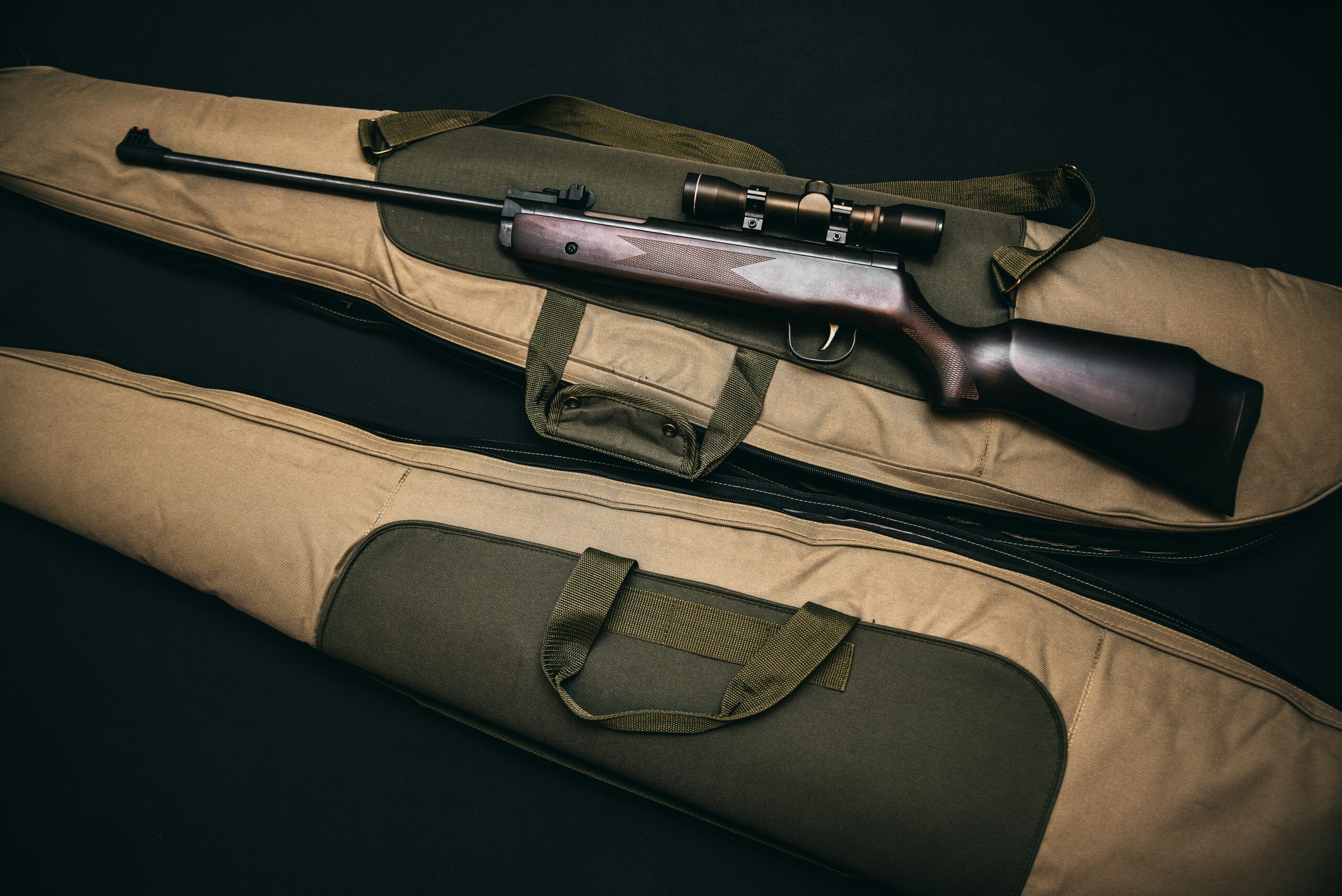Weapons charges for minors in Michigan can bring harsh penalties and long-term consequences. While the juvenile justice system can provide more room for leniency and rehabilitation-focused alternatives, it can still be complicated to navigate—and a weak defense can increase the risk of undeserved, overly severe charges and/or penalties.
For parents and minors who own guns or find themselves facing juvenile gun possession charges, knowing how Michigan weapons laws apply to minors is crucial. In light of that, the following shares some key information about the laws, prohibitions, and criminal charges related to juvenile gun possession. A Lansing criminal defense attorney at O’Keefe Law can explain more and provide case-specific advice whenever you need it.
Can a Minor Ever Legally Possess a Gun in Michigan?
Michigan prohibits minors, those under 18, from possessing firearms in public, unless:
- A legal adult, someone who is at 18, is supervising them.
- Minors are at, going to, or leaving an established shooting range or practice grounds: In the case of traveling to or from shooting practice areas, firearms must be securely fastened in a case or locked in the trunk of a motor vehicle.
- Minors, with a valid hunting license, are hunting on land where a parent or guardian lives or while accompanied by a parent, guardian, or another legal adult designated by a parent or guardian.
Along with these laws restricting the possession of guns by minors, Michigan has related statutes, including laws prohibiting:
- The sale of a firearm that is more than 26 inches in length to minors
- The issuance of a handgun purchase license to minors
- The issuance of a concealed pistol license (CPL) to minors
If a gun is sold to a minor or a minor gets a CPL or a license to buy a gun, prosecutors will likely have serious questions about whether forgery and/or other crimes were involved.
What Charges Are Filed for Illegal Possession of a Gun by a Juvenile?
Charges vary by the circumstances of the case, including specifics like (but not exclusive to):
- Whether a banned weapon was involved: Michigan prohibits the possession of automatic weapons, machine guns, and certain related equipment, like silencers and armor-piercing ammunition. Minors who are accused of possessing illegal weapons or items can face more severe charges.
- Where the weapon was alleged discovered: If guns are brought to weapon-free school zones, casinos, hospitals, courts, and other places where firearms are prohibited by state and federal law, more serious charges can be brought by prosecutors.
- Whether other crimes occurred: If possession of a gun is just part of a bigger case against a minor, like one involving allegations of assault or robbery (for example), the gun charges can be a reason to elevate other criminal charges, especially if anyone was injured or killed in the alleged incident.
While these and other factors can result in minors facing misdemeanor or felony gun charges, it’s crucial to understand that:
- Minors, like adults, are considered innocent until proven guilty in the eyes of the law: This means that the burden of proof lies with prosecutors and that reasonable doubt can be very useful in defense cases.
- The juvenile criminal courts have a lot of discretion: When it comes to deferring judgment upon the completion of probation and handing down potential penalties, juvenile judges have the leeway to do what they see is best for a given defendant and case. This can open up a lot of room for alternative solutions and more favorable outcomes for defendants who are minors.
- Character matters: Showing prosecutors and the courts that minors are good kids with good values—and that mistakes, misunderstandings, and/or naivete may have led to the charges and case at hand—can be an integral aspect of a good defense.
What If the Defendant in a Gun Possession Case Is 18?
Adult charges will come into play for 18 year olds accused of illegally possessing a gun. With more serious penalties, adult gun possession charges can mean years in prison if convicted.
Partner With Experienced Lansing Criminal Defense Lawyer When It Matters Most: Contact O’Keefe Law
If you or someone you love is facing juvenile gun possession charges, it’s time to contact Lansing Criminal Defense Lawyer Patrick William O’Keefe. The truth is that minors can make mistakes and find themselves in the wrong place at the wrong time. When that happens, good kids can face serious consequences, and the defense lawyer who is in their corner can make a major difference in the outcome of their case.
At O’Keefe Law, we don’t take the easy way out, and we never just fight for shorter sentences. We aim for the best possible resolutions, including dismissals, acquittals, and/or the many alternatives to incarceration.
Call 517-273-0421 or email O’Keefe Law for a free, confidential consultation and important advice about your defense options.
If you contact just one attorney, make sure it’s board-certified Defense Lawyer Patrick William O’Keefe.
Remember, it is never too early to hire the right attorney, but it could be too late.
With years of courtroom experience and extensive knowledge of the law and local courts, Attorney Patrick William O’Keefe can provide exceptional defense advocacy in one of the most important fights of a minor’s life. That includes honest advice, client-focused service and support throughout a case, and the defense representation he would demand in their shoes. And it includes tireless advocacy in the pursuit of fair, favorable outcomes.
The team at O’Keefe Law looks forward to hearing from you and helping you with a weapons case or any criminal case. Until then, check out some of our previous results and client testimonials to learn more about why we are a 5-star criminal defense law firm in and around Lansing, MI.

